Works

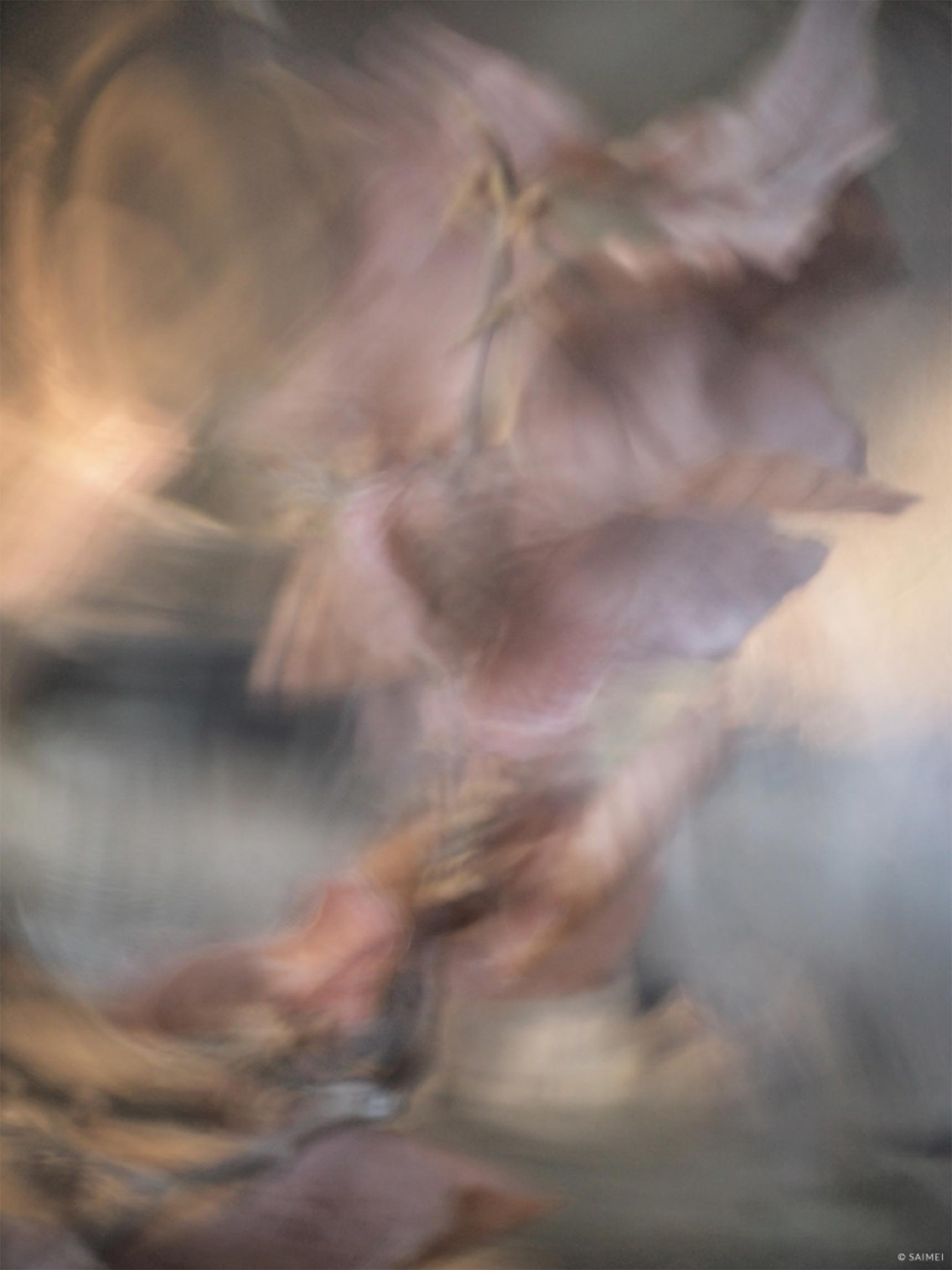
妙
Myo
(Myo) means squinting to look at something that is difficult to see.
It is a state of being subtle and mysterious. “Myo” is the obscure of the obscure.
From Chapter 1 of Tao Te Ching written by Laozi


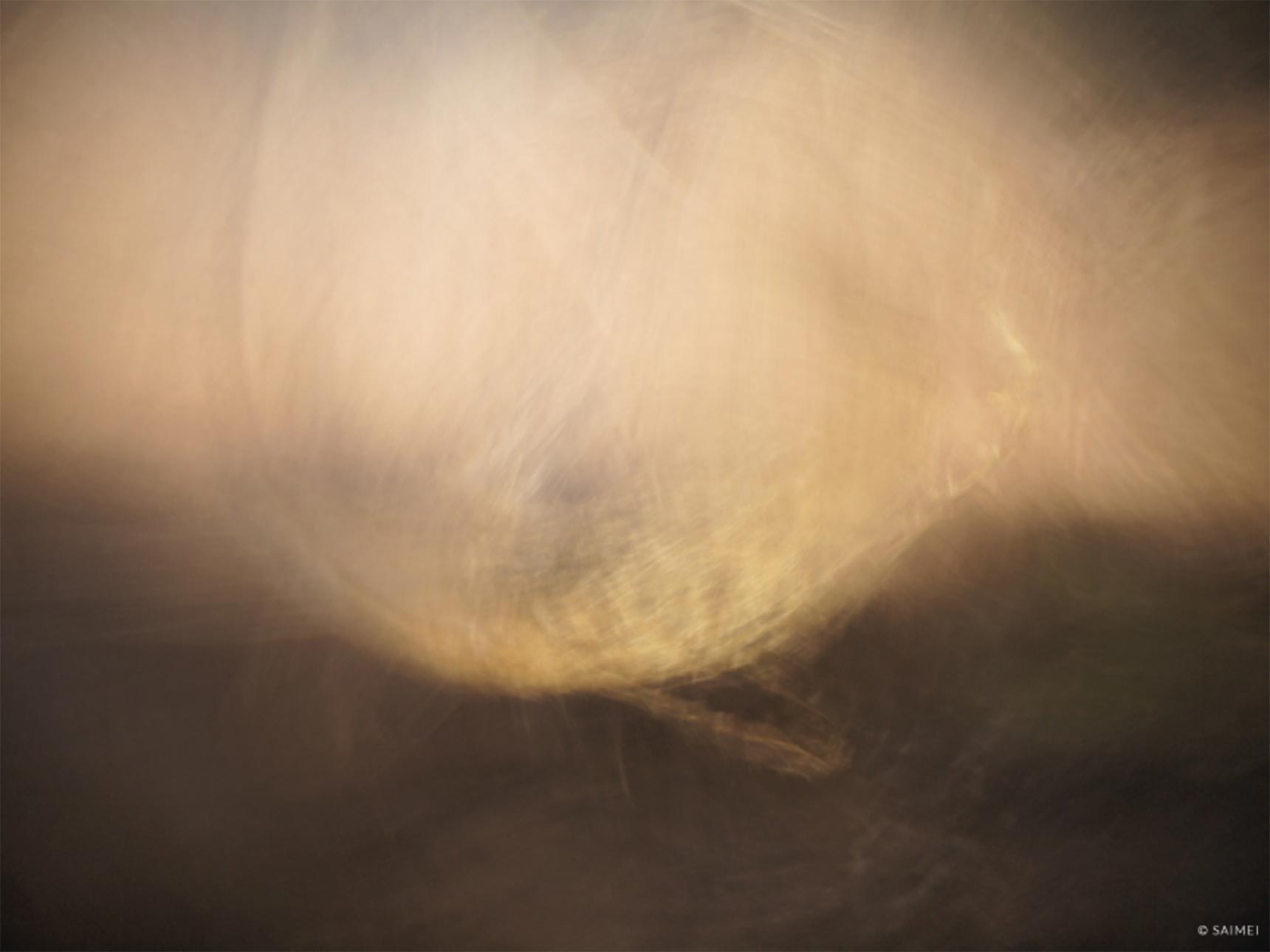
鑿
Saku
(Saku) means to bore a hole with a chisel.
「鑿戸牖以爲室」 (Koyu-wo Ugachite Motte Shitsu-wo Tsukuru) 「戸牖」(Koyu) means the door and window of a room.
From Chapter 11 of Tao Te Ching written by Laozi


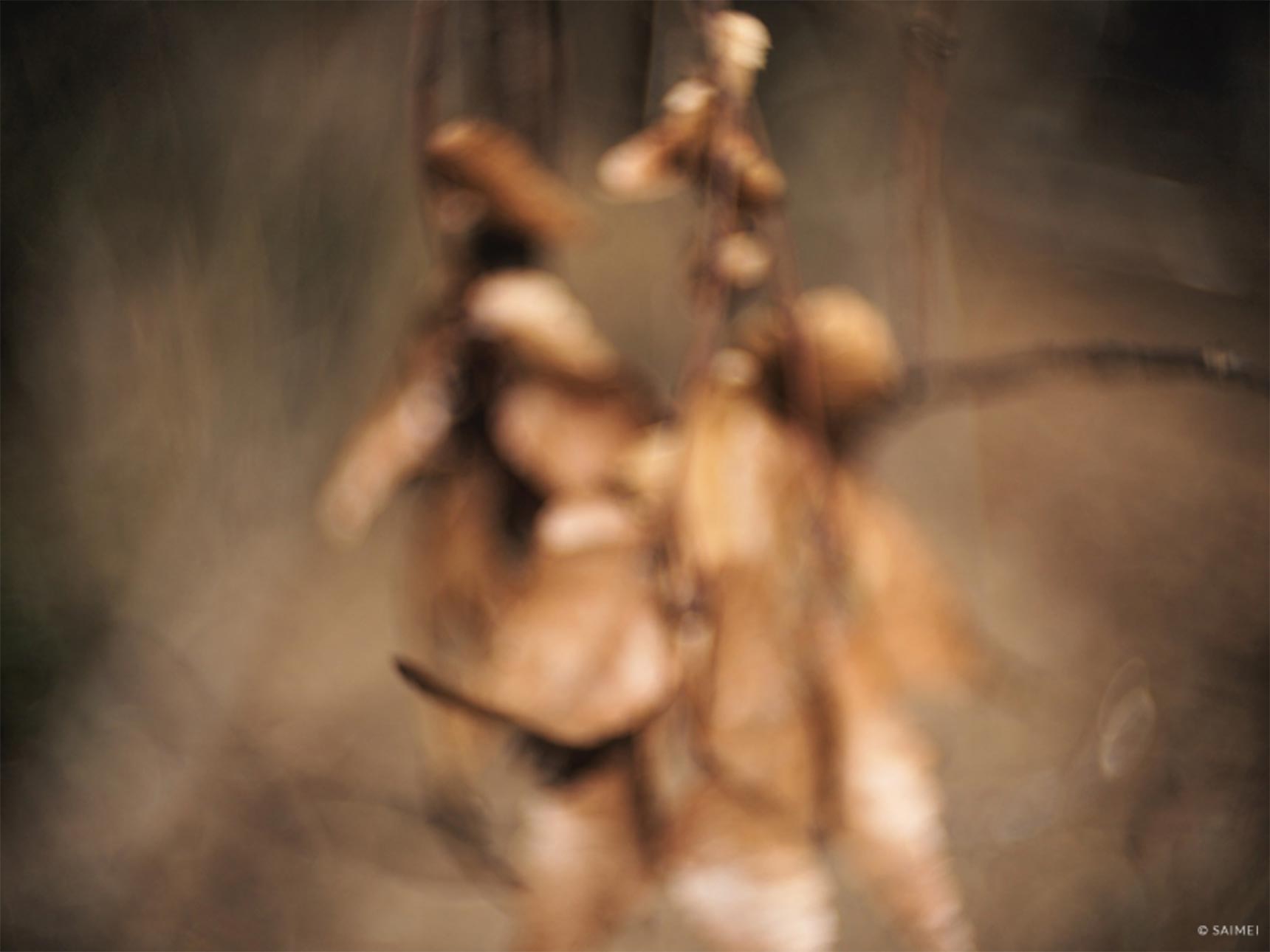
呈
Tei
(Tei) means to transform oneself into that form. To appear. To expose. To represent. To present.
From Chapter 2 of Tao Te Ching written by Laozi


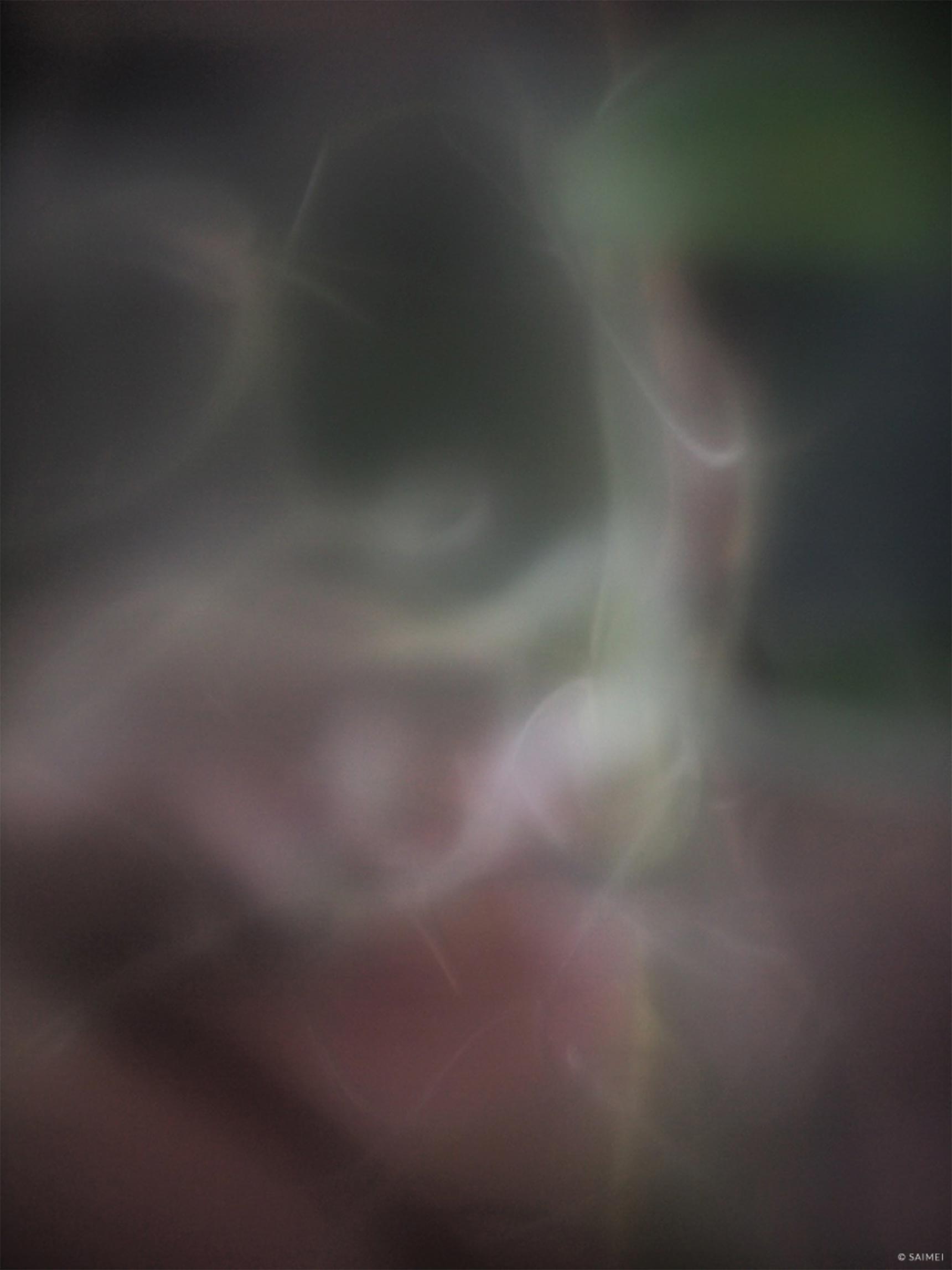
希
Ki
(Ki) is something that cannot be heard even when one tries hard to listen.
From Chapter 14 of Tao Te Ching written by Laozi


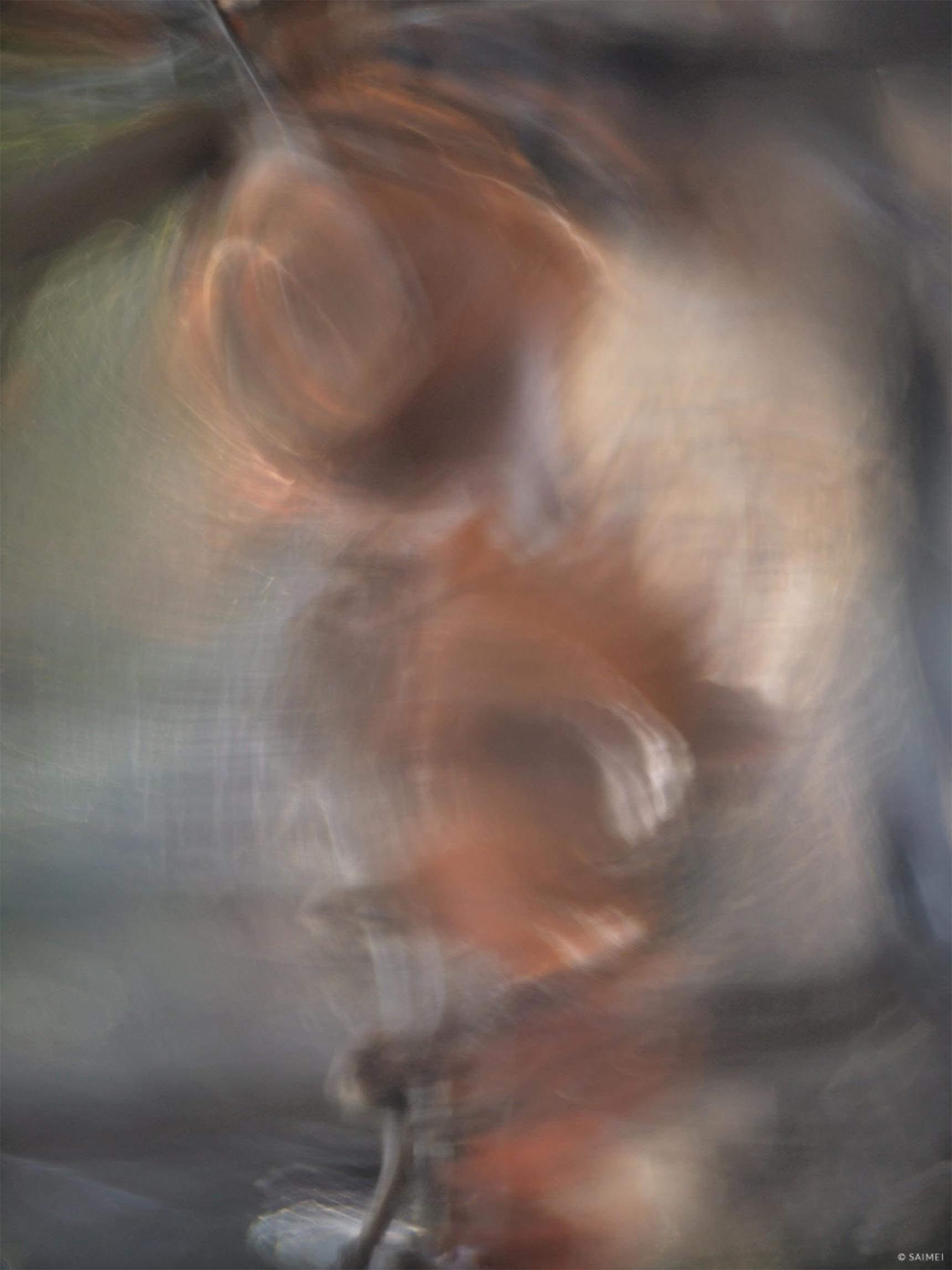
湛
Tan
(Tan) is the deep and tranquil state of water filled to the brim.
From Chapter 4 of Tao Te Ching written by Laozi


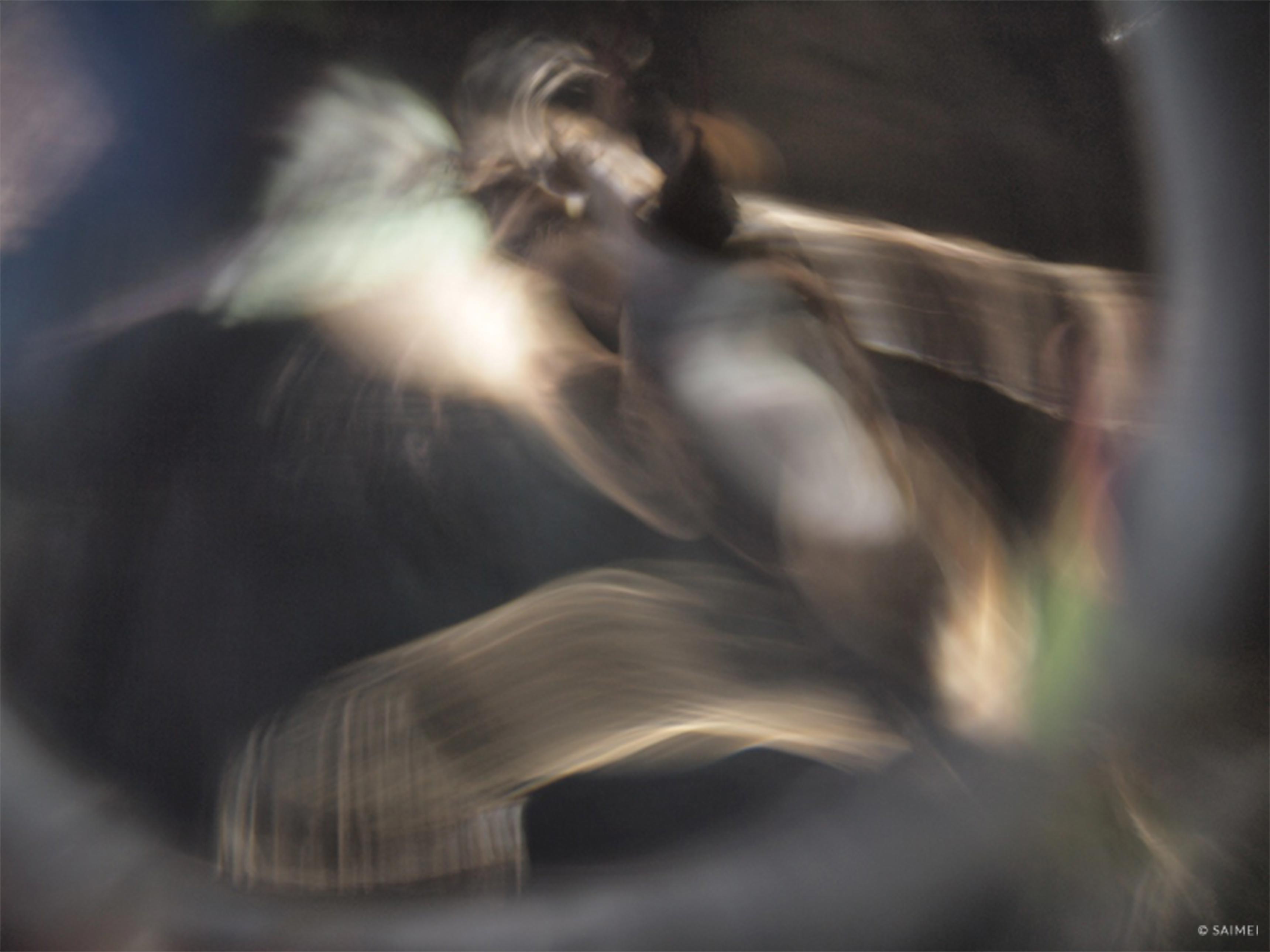
樸
Haku
(Haku) is a metaphor of a [Tao] with no name.
「無名」 (Mumei) is something that cannot be given a name.
Moreover, 「樸」 (Haku) is new lumber that has just been logged, and it represents something that has not been touched by people.
From Chapter 37 of Tao Te Ching written by Laozi


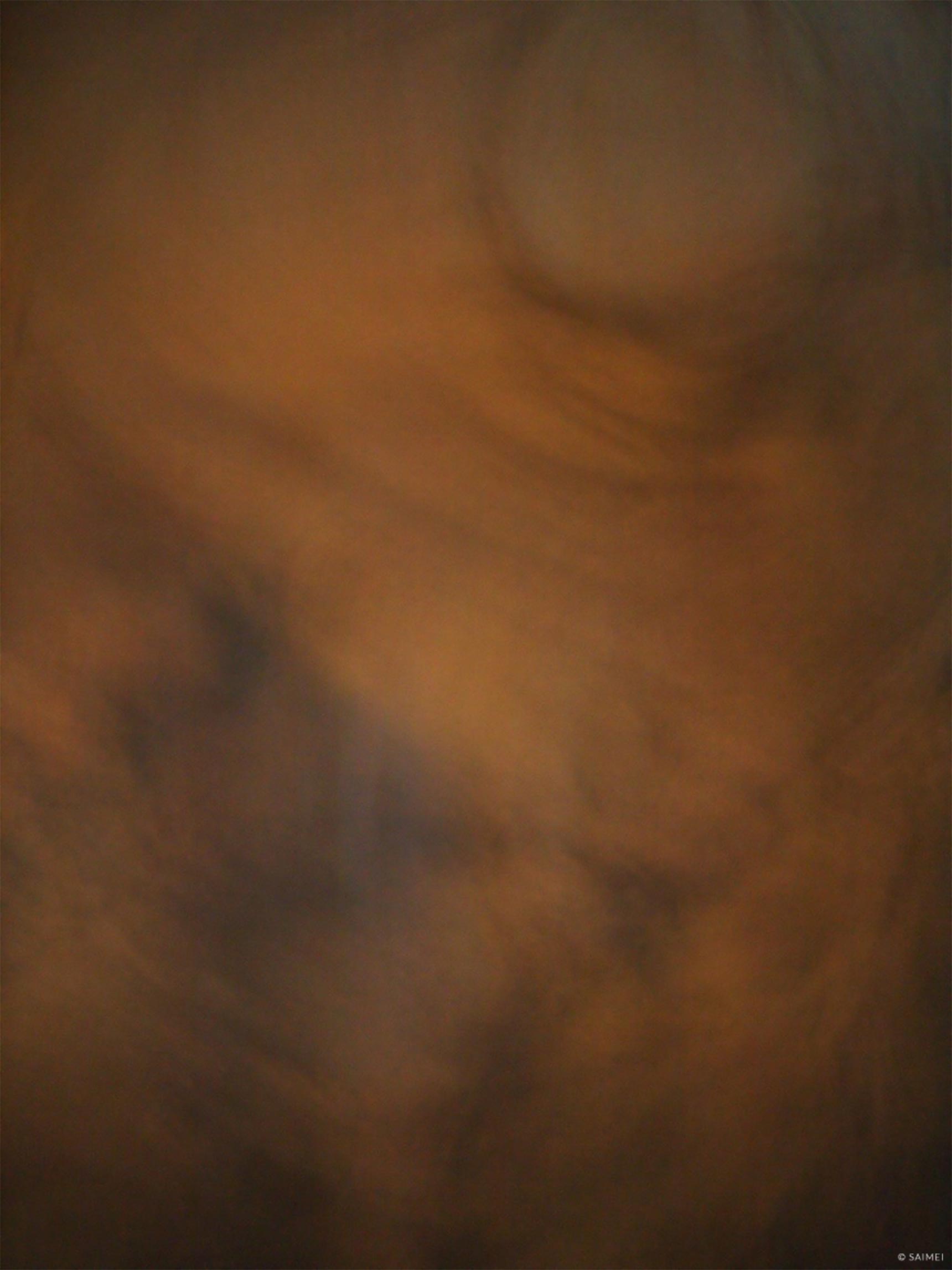
嬰
Ei
(Ei) is a suckling baby. 「能嬰兒乎」 (Yoku Eijitaranka) is when a suckling baby acquires vigor and harmony.
From Chapter 10 of Tao Te Ching written by Laozi


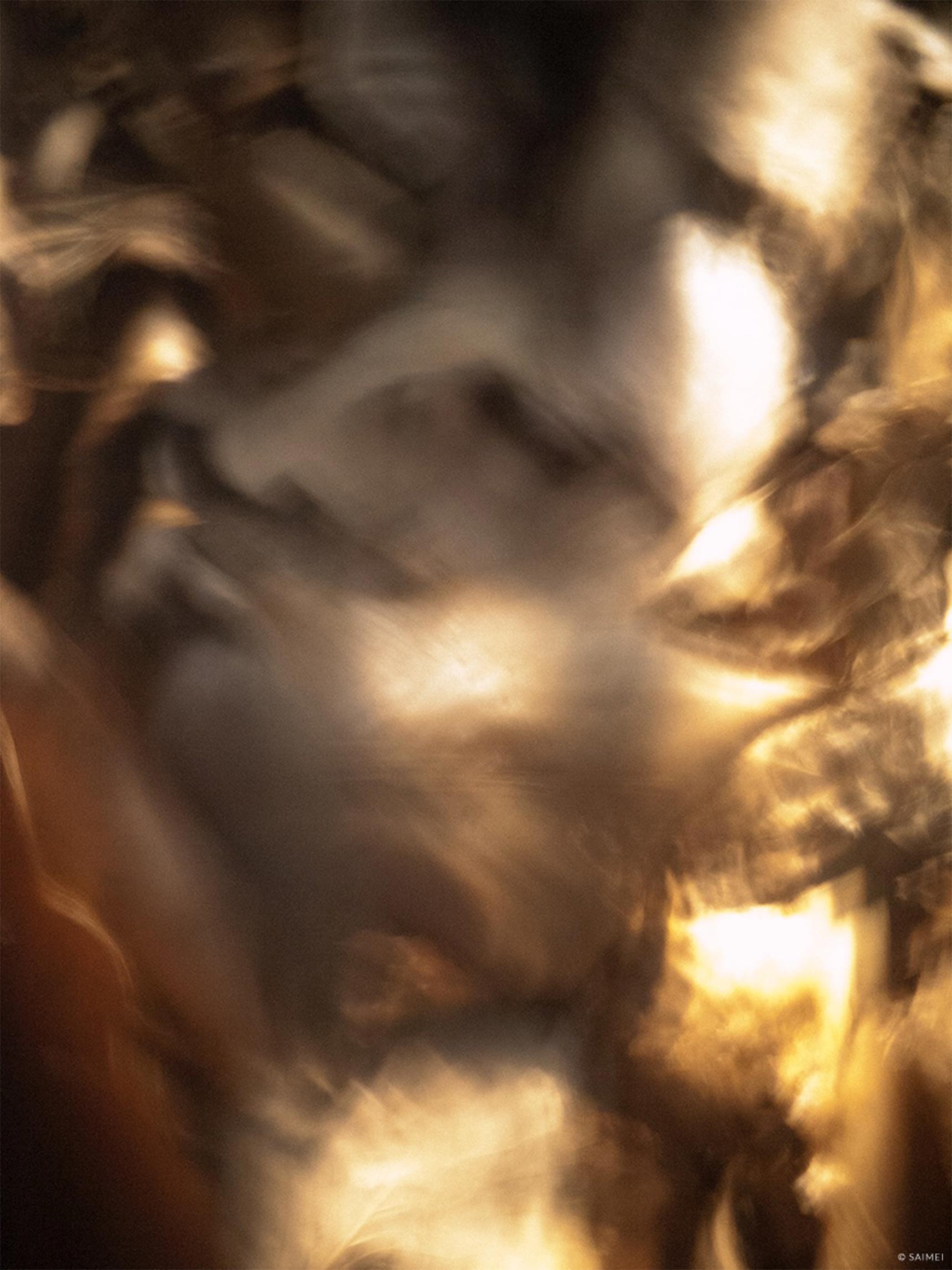
恍
Ko
(Ko) is the state of being spellbound by something.
From Chapter 21 of Tao Te Ching written by Laozi


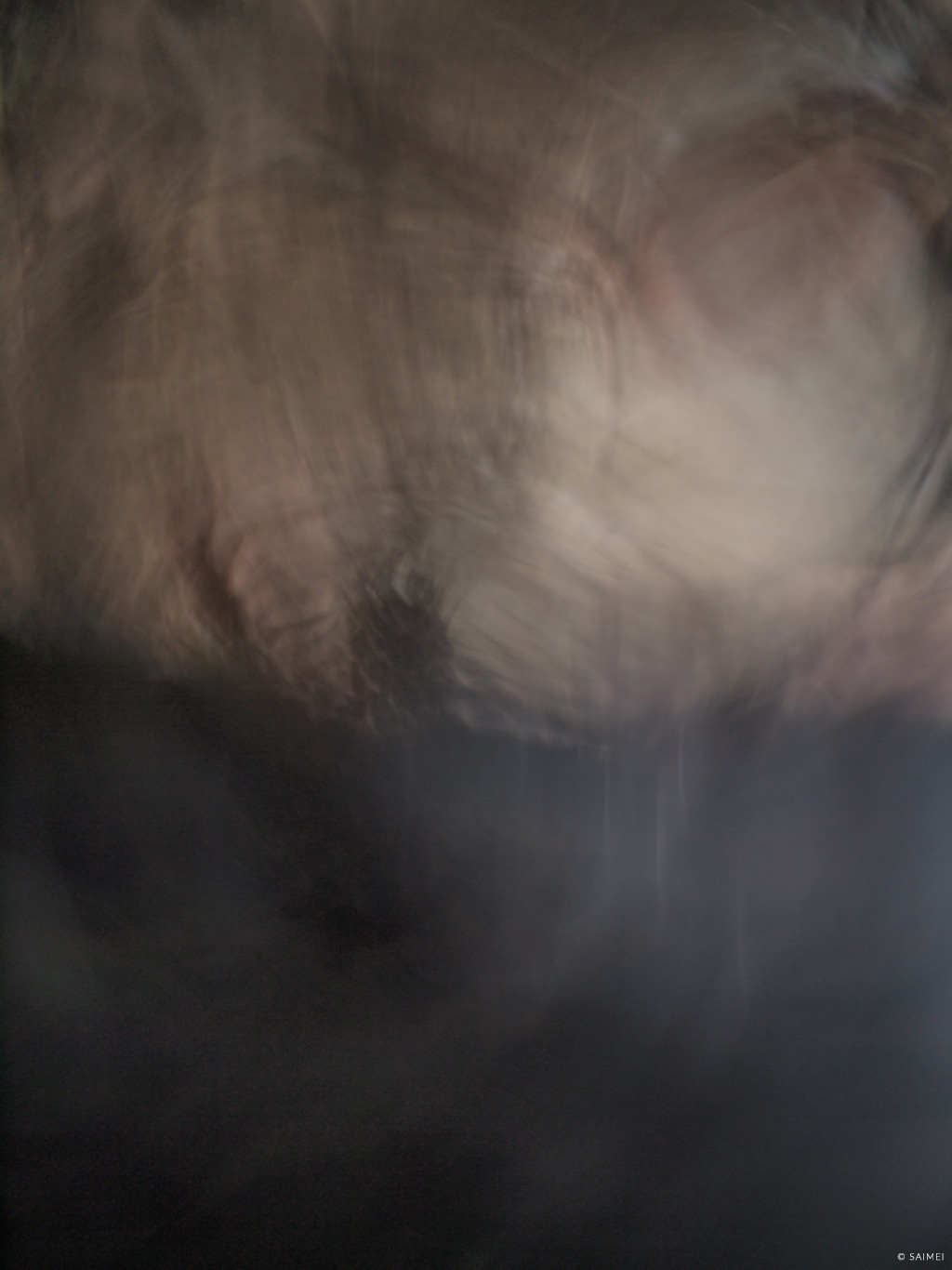
玄
Gen
(Gen) is the state of being dimly lit and immeasurably mysterious.
From Chapter 1 of Tao Te Ching written by Laozi

